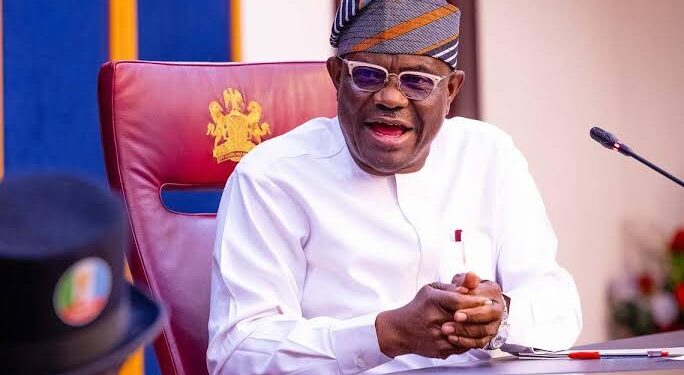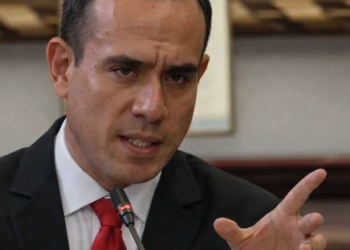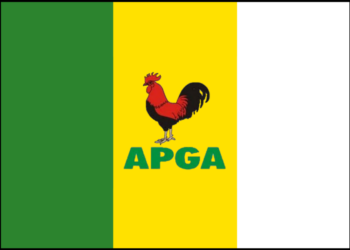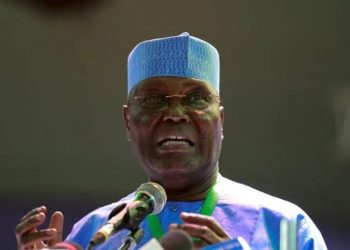Nyesom Wike, the Minister of the Federal Capital Territory (FCT) and a prominent figure in Nigerian politics, has issued a stern warning to governors affiliated with the Peoples Democratic Party (PDP).
Wike cautioned these governors against interfering in his ongoing political dispute with Siminalayi Fubara, the Governor of Rivers State. This escalating conflict between two influential politicians has raised concerns about the stability of the region and the broader implications for Nigerian governance.
Background: The Wike-Fubara Rift
The political tussle between Nyesom Wike and Siminalayi Fubara began in 2023, centered around the control of Rivers State. The rivalry has led to a deep division within the state’s political landscape, resulting in the formation of two factions within the Rivers House of Assembly. Each faction has elected a speaker loyal to either Wike or Fubara, highlighting the intense power struggle between the two leaders.
PDP Governors’ Forum Involvement
During a recent state congress of the PDP held in Port Harcourt, Wike responded to a communiqué issued by the PDP Governors’ Forum in Jalingo, Taraba State. The forum had expressed support for Fubara and called for a review of the party congress outcome in Rivers State to restore Fubara’s leadership role. Wike’s reaction was swift and unambiguous, as he warned the governors to stay out of the political affairs of Rivers State and refrain from interfering in his conflict with Fubara.

Wike’s Threats to Fellow Governors
In his address during the PDP state congress, Wike issued a stark warning to the PDP governors who might consider siding with Fubara. He threatened to “put fire” in the states of any governors who attempt to meddle in the Rivers State conflict, asserting his capacity to cause political disruption beyond his home state. Wike emphasized his determination to retain control over the PDP structures in Rivers State, warning that any attempts to undermine his influence would be met with severe consequences.
Political Implications and Public Concern
Wike’s warning underscores the deeply rooted conflict in Rivers State and the lengths to which politicians are willing to go to maintain control over their respective domains. The ongoing power struggle not only threatens the stability of Rivers State but also raises broader questions about the nature of political leadership and governance in Nigeria. The conflict, which has played out publicly, reflects a broader trend in Nigerian politics, where personal rivalries often overshadow the interests of the state and its citizens.
Conclusion: The Broader Question
The Wike-Fubara conflict serves as a reminder of the challenges facing Nigerian democracy, where political power struggles frequently take precedence over good governance and public welfare. As Nigeria watches this drama unfold, it prompts a critical question: Should such conflicts be allowed to dictate the course of governance, or is it time for a shift towards more responsible and people-centered leadership? The answer to this question will determine the future of not just Rivers State but the entire nation.

















